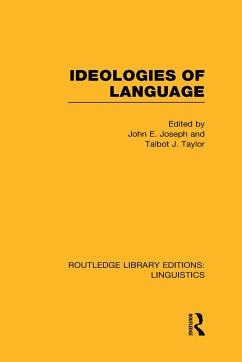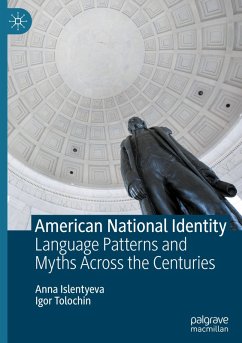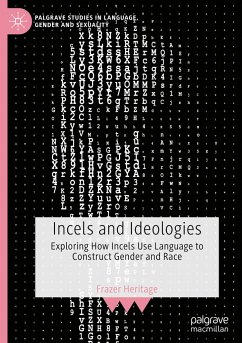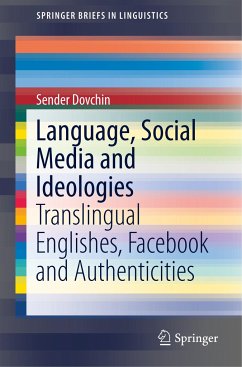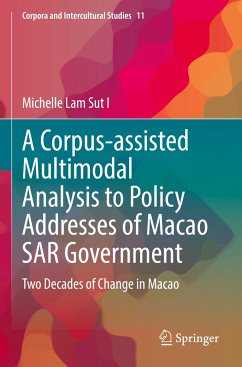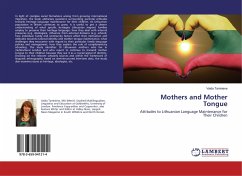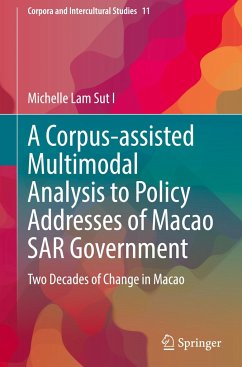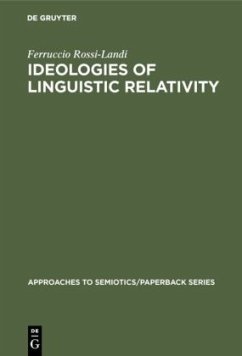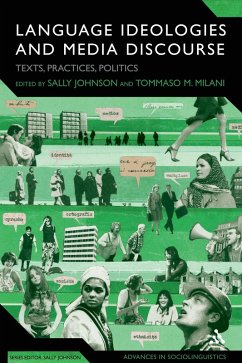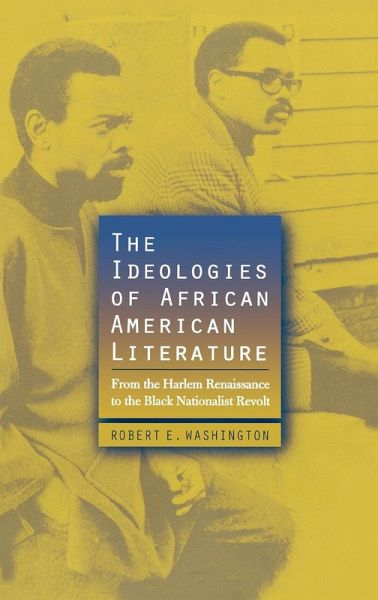
Ideologies of African American Literature
From the Harlem Renaissance to the Black Nationalist Revolt
Versandkostenfrei!
Versandfertig in 1-2 Wochen
142,99 €
inkl. MwSt.

PAYBACK Punkte
71 °P sammeln!
This book challenges the long-held assumption that African American literature aptly reflects black American social consciousness. Offering a novel sociological approach, Washington delineates the social and political forces that shaped the leading black literary works. Washington shows that deep divisions between political thinkers and writers prevailed throughout the 20th century.






